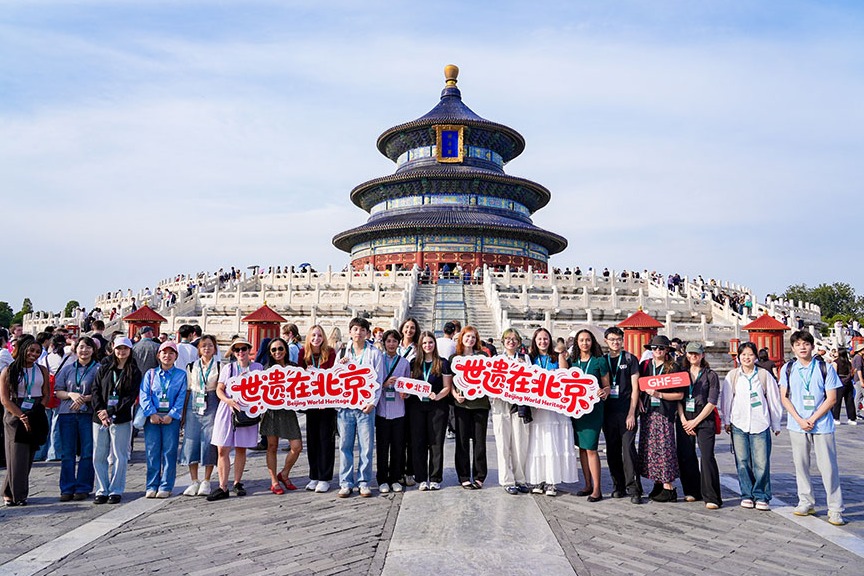Home away from home


"China has about 400 million millennials, who are curious about the world and enjoy independent travel. And Chinese are used to accessing travel resources online, especially via smartphones."
Peng believes all these factors have set a solid foundation for Airbnb to grow.
The fact that it's a technology-driven company also means it can better engage Chinese users, he says.
"Our listings have a human touch," Peng says.
"We always encourage hosts to show their hospitality. Guests can experience local culture."
The Airbnb Host Academy launched in March provides Chinese hosts with both online and offline trainings. It enables them to interact with other hosts from different communities face-toface and to learn from role models.
The company also globally launched Airbnb Plus that month to provide top-end homes with outstanding hosts. Shanghai was one of the first 13 cities. Chengdu was recently included and there will be six more Chinese cities by the end of 2018.
Airbnb co-founder Nathan Blecharczyk points out that the market has continued to lead outbound travel in terms of expenditure for years. And young Chinese are willing to try new things.
But home-sharing remains a new concept among Chinese, he says.

































